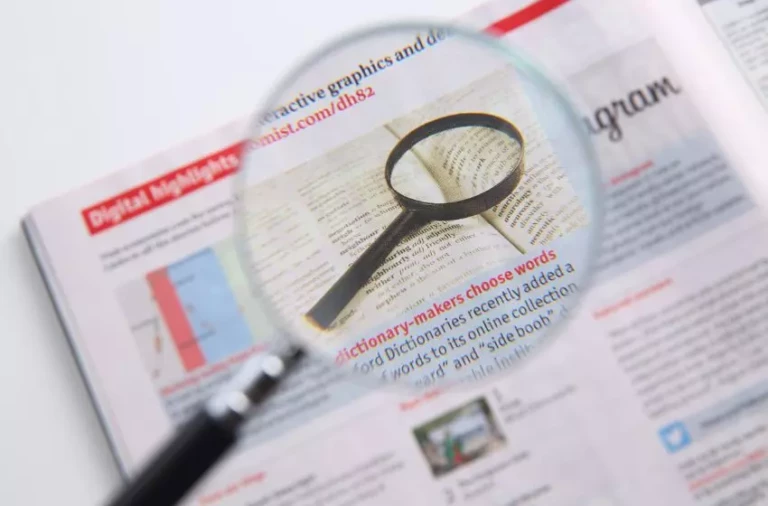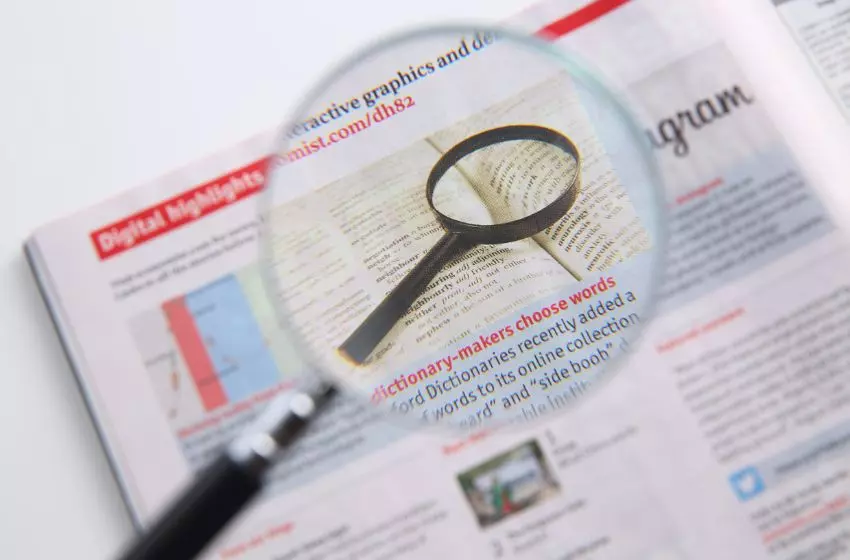Kampung Inggris – ‘”Learning the meanings of common affixitions (prefixes and suffixes) will enrich your English vocabulary and help you understand unknown English words you come across”.
Baca juga : 100 Slang Word, Bikin Speaking Kamu Makin Gaul!!
What is affixiation?
In bahasa Indonesia, we call it “imbuhan” me– in the word memakan, kan– in the word bacakan. When we talk about affixiation , we obviously talk about “awalan and akhiran” or in english- prefix and sufix.
What are they?
A prefix is a letter or letters that we add at the beginning of a word while suffix is a letter or letters that we add at the end of the word.
Well, let’s start with prefixes.
As written above that prefix is an addition at the begining of the word, prefixes are abundant in English but what we will discuss here are the common ones. There are some very common prefixes in which the meaning may vary. Here are some examples;
The prefix “un-“ can mean “not, remove, or opposite”. Adding un- to the word “clear” gives us the word “unclear,” which means not clear. And as in the words;
- Happy- unhappy
- Certain- uncertain
- Clear-unclear
- Do- undo
- Official- unofficial
The prefix Re- means “again” or “back,” such as in the words;
- Think- rethink
- Do- redo
- Pay- repay
- Play- replay
- Take- retake
Un and re are the two most common prefixes in the English language
Here are four-most-used prefixes;
| Prefix | Meaning | Example |
|---|---|---|
| Non-Un- Im- In- Il- Ir- | Not, opposite | Nonsense Unhappy Impossible Inaccurate Illegal Irregular |
| Re- | Again, back | Replay Review Reborn |
| Mis- | Wrongly, not | Misapply Misunderstand |
| De- | Reverse, remove, out of | Deactivate Destrucion Department |
Different prefixes in English may have similar meanings, such as in-, un- and non- which all mean not or opposite of. Also, the prefixes ir- and mis- mean “wrong,” “wrongly,” or “incorrectly.”
Now, let’s turn to suffixes.
A suffix is an addition letter or letters at the end of a word. Suffixes are commonly used to show the word classes. For example, adding “er” to the verb “drive” gives us “driver,” the noun form of the word. Suffixes also tell us the tense of words and whether the words are singular or plural.
Some common suffixes are -er, -or, -s, -es, –ed, -ing and –ly.
| Suffix | Meaning | Example |
|---|---|---|
| -er,-or | One who (verb to noun)showing comparison (adjective) | Driver Slower |
| -d,-ed | Forming the past tenseHaving the quality of | Played, visitedLoved, amazed, bored |
| -ing | Forming a gerund meaning an “act of” (noun)Present participle | MeaningWritingStudyingListening |
| -ment | The act, state or result of an action | ManagementMovementArrangementGovernmentappointment |
| -ive | Having the quality of | AttractiveCreativeInfomative |
| -able,-ible | Capable of being | PortableUnfogetableComfortable |
Well, those are common prefixes and suffixes in English, reading and apprehending them would help you enrich your vocabulary and guide you to better English.
And, for furher discussion we’re gonna talk deeper about the use of suffixes. As writen above that suffix is used to show the part of speech or word class or lexeme of the word that we add suffix into it (derivation), it changes the word class like;
- drive (verb) to driver (noun),
- mean (verb) to meaning (noun).
Some suffixes do not at all change the word class (inflection) like ;
- slow (adj) to slower (adj),
- write (verb) to writing (verb)
Derivation and inflection
Derivation in affixition is an addition of a letter or letters to change its meaning or function and changes the word classes as well. for example; -ly changes the adjective bad into the adverb badly.
- Most derivation change the word class, for example;
- Read (verb) to the word reader (noun)
- Beauty (noun) to the word beautify (verb) to the word beautiful (adj).
- Soft (adj) to the word soften (verb) to the word softener (noun).
- Do (verb) doer (noun)
- Read (verb) reader (noun)
- The majority of derivations in affixiation that don’t change word classes are prefixes, for example, adding un- changes the meaning of the adjective happy but it is still an adjective unhappy.
Inflection in affixiations is an addition of a letter or letters which carries grammatical meaning (for example, the plural -s in books or progressive -ing in readig). They do not change the word classes or meaning of the word; their function is to ensure that the word is in the appropriate form so the sentence is grammatically correct.
The six most common inflections in affixiation are “-ed/en, -ing, -s/es, -‘s, -er, -est” used in ;
- verb inflection (for example, -ed in visited, -ing in visiting, -s in visitss)
- play – played (past form)
- play – playing (present progressive/participle)
- play – plays (verb s/es)
- eat – eaten (past participle)
- noun inflection (for example, plural -s in houses and possessive -‘s in Adam’s)
- book – books (singular to plural)
- sarah – sarah’s (possesive)
- adjective inflection (for example, comparative -er in cheaper and superlative -est in cheapest).
- Big- bigger, smart- smarter (comparative)
- Big- biggest, smart- smartest (superlative)
- Big- bigger- biggest (all are adjectives)
You may have noticed that -er appears as both a derivation and inflection.
- -er when attached to a verb would cause the derivation: verb to noun,
- do- doer,
- read- reader
- teach- teacher
- -er when attached to an adjective would show inflection, i.e., the comparative form of an adjective:
- Big- bigger,
- smart- smarter
- nice nicer.
Now you can make new words ith affixiaton. Remember that what we discuss is the common ones which means there are still more to learn. Keep learning, pursue your better English!
Deep dive
Prefixes and Hyphens (-)
Unfortunately, there aren’t any certain rules as to when we should use a hyphen (-) with a prefix; however, there are a few guidelines that we can follow to decide when to use a hyphen or not.
- If the word with prefix can easily be confused with another existing word, e.g., re-pair and repair (to pair again and to fix something)
- If the prefix is ended by a vowel and the word begins with a vowel, e.g., anti-intellectual
- If the base word is one of proper noun and it should be capitalized, e.g., un-American
- When using dates and numbers, e.g., mid-century, pre-1980s. (frs)
Kalau menurut kalian artikel kami sangat bagus dan bermanfaat, jangan lupa share artikel kami di media sosial kalian. Dan bagikan juga ke teman, saudara, keluarga, ataupun kenalan kalian yang ingin belajar bahasa Inggris. Jangan lupa untuk follow akun instagram, akun tiktok, akun youtube, dan akun twitter kami ya teman-teman. Kalau kamu tertarik untuk belajar bahasa Inggris, kamu bisa hubungi admin kami via whatsapp disini.
Baca juga : 100 Phrasal Verbs Dan Artinya Yang Wajib Kamu Tahu, Berikut Informasinya!















